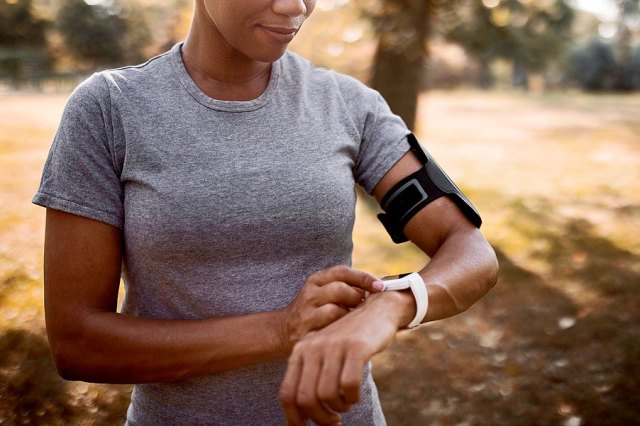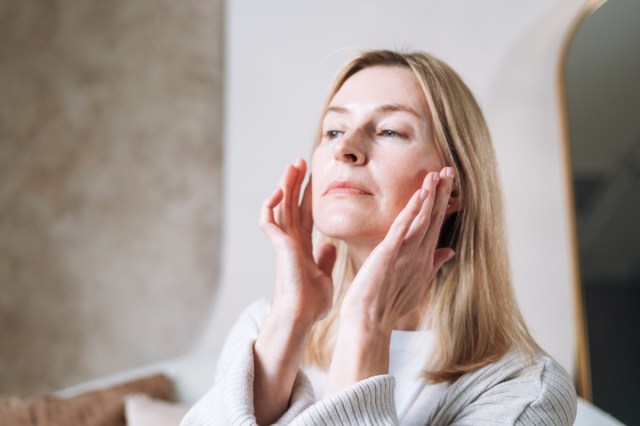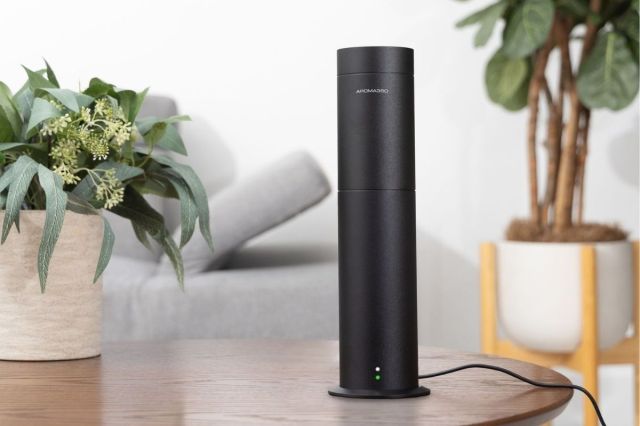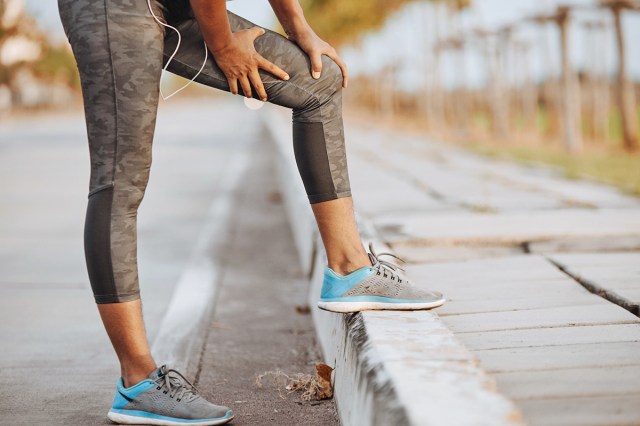Some people love to greet the sun with a workout, while others prefer working up a sweat right before bed. Regardless of the hour of the day you prefer, regularly working out has significant health benefits, including mood boosts, reduced health risks, and even increased chances of living longer. However, you may get even more out of your workout if you hit the gym at a specific time.
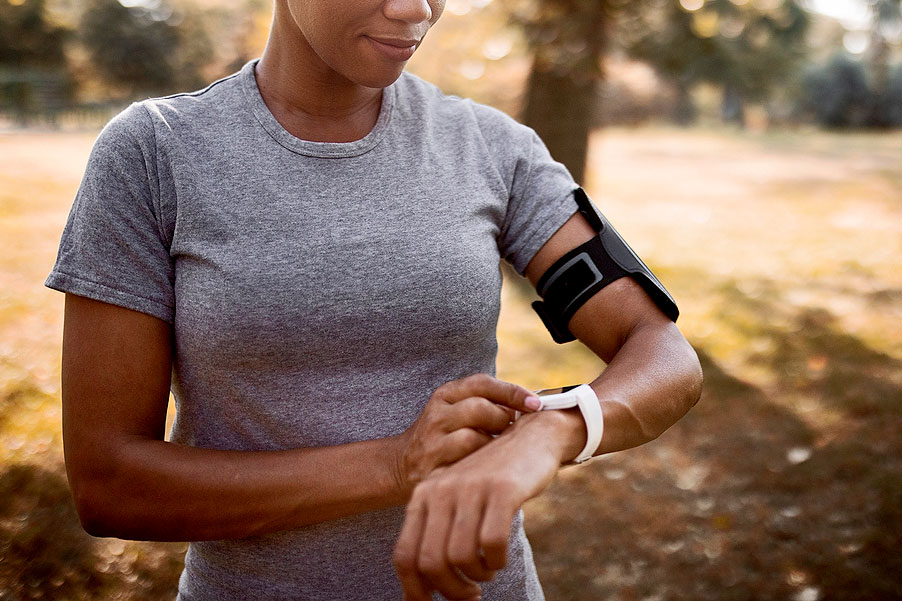
It’s Best to Exercise in the Morning
The best time to exercise is between 7 and 9 a.m. for various reasons. First, early morning physical activity is tied to higher metabolic rates, which helps you burn calories as you eat meals throughout the day. Hitting the gym before breakfast also contributes to a healthy fat burn. A 2013 scientific study showed that people who worked out on an empty stomach burnt 20% more fat than those who worked out after eating.
Additionally, morning workouts are effective at helping you sleep better. Even though hitting the gym late at night will still tire you out, your increased heart rate can prevent you from falling into a deep sleep. Studies also show that working out late at night may keep your blood pressure higher than it should be for a normal circadian rhythm.
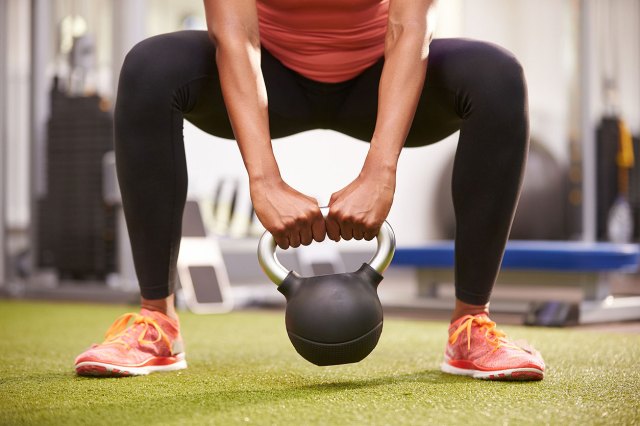
But Don’t Count Out Afternoon and Evening Workouts
If you are not a morning person, there’s no need to try to adjust your schedule to accommodate an early workout. The most effective way to reap the benefits of working out is to make it a consistent part of your routine. While morning may be the best time to exercise, that doesn’t mean you should avoid the gym in the afternoon or evening.
Studies show that the average body temperature usually peaks between 2 and 6 p.m., meaning you’ll have greater endurance and optimal muscle function in the afternoon. If you’re training for a strenuous activity, like a marathon or weightlifting competition, an afternoon gym session may offer the best opportunity to reach those goals.
People who exercise in the evening generally require less warm-up since they have already been physically exerting themselves throughout the day. Research shows that people who work out in the evening typically can last 20% longer — and at a higher intensity — at their workout than in the morning. This is because the body processes energy more efficiently as the day progresses, especially after being awake for more than 11 hours.
Featured Image Credit: Nastasic/ iStock
More From Our Network
Better Report is part of Inbox Studio, an email-first media company. *Indicates a third-party property.
